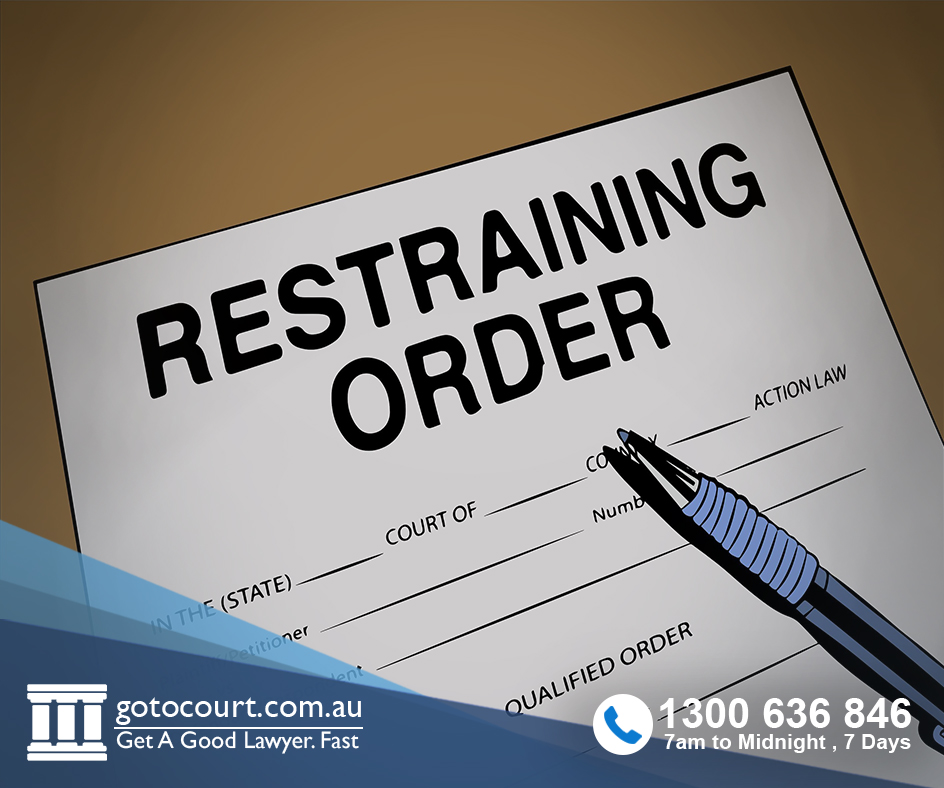Changes to Restraining Orders (WA)
Context
In 2017, the Western Australian Parliament passed a law which saw major changes in the way victims of domestic violence are protected. Previously, there had been only two categories of restraining orders in Western Australia, being Misconduct Restraining Orders (MROs); and Violence Restraining Orders (VROs). Under the amendment, a third category of restraining order was introduced named family violence restraining orders (FVRO). Since the advent of FVROs, VROs can no longer be made against family members, but only against an individual to whom one is not related.
FVROs can be made against any family member, not only a partner or ex-partner. They can be made against a grandparent, aunt, uncle or in-law. FVROs are designed to give victims of family violence greater protection from actual violence or coercive or controlling behaviour by a family member.
What do the changes mean?
When dealing with an application for a FVRO, the Court must grant the order unless there are special circumstances which make such an order inappropriate. This contrasts with the test applied by the Court in determining whether to make a VRO, which is whether the order sought is appropriate in the circumstances. In effect, the new legislation sets up a scheme where there is a presumption in favour of the making of the order.
Further, the amendments extend the definition of family violence to any behaviour that coerces or controls the family member or causes them to be fearful (Section 5A). The Act gives the examples of stalking, financially controlling a victim, or killing a pet as instances of this behaviour, none of which were explicitly included in the definition of family and domestic violence under the old legislation.
The Court can make particular conditions as part of a FVRO, including that the offender undergo counselling. Like VROs, FVROs can extend to cover children in situations where they are either exposed to family violence or there are reasonable grounds to believe that the child will be exposed to such violence. FVRO can be made for any operational period, with no minimum or maximum period being prescribed in the legislation.
Perpetrators of family violence who have an FVRO application made against them can enter into a Conduct Agreement, by consent and without admissions, as an alternative to an FVRO being made. A Conduct Agreement is an enforceable agreement, a breach of which has consequences for the perpetrators.
Penalties for breaching Family Violence Restraining Orders
The maximum penalty for breaching a FVRO is a fine of $6000 and/or imprisonment. If the breach involves violence in the presence of a child, that is an aggravating factor. The amendments also specify that where a perpetrator breaches an FVRO for a third time the Court must impose a term of imprisonment as a penalty unless the Court considers that it would be unjust in the circumstances.
It remains to be seen what practical effect these amendments have in protecting victims of family violence and holding perpetrators accountable.
If you want to apply for an FVRO, you can attend any Magistrates Court and make the application by completing a simple form.
If you unsure whether you should apply for FVRO please contact Go To Court Lawyers.



